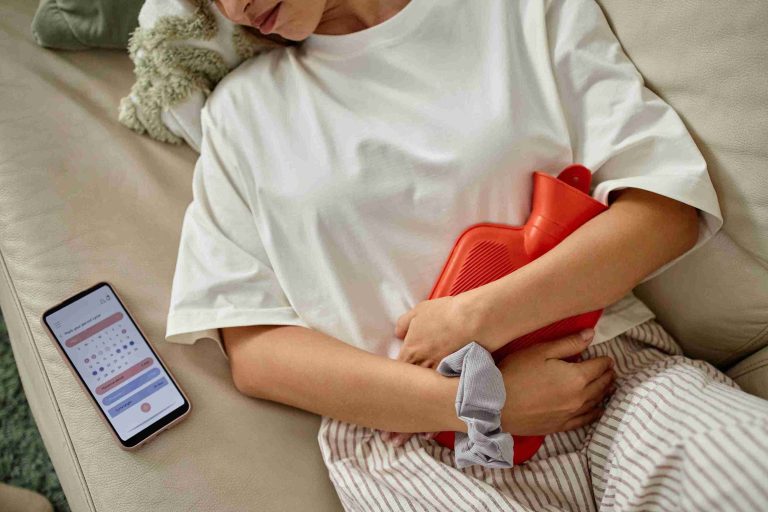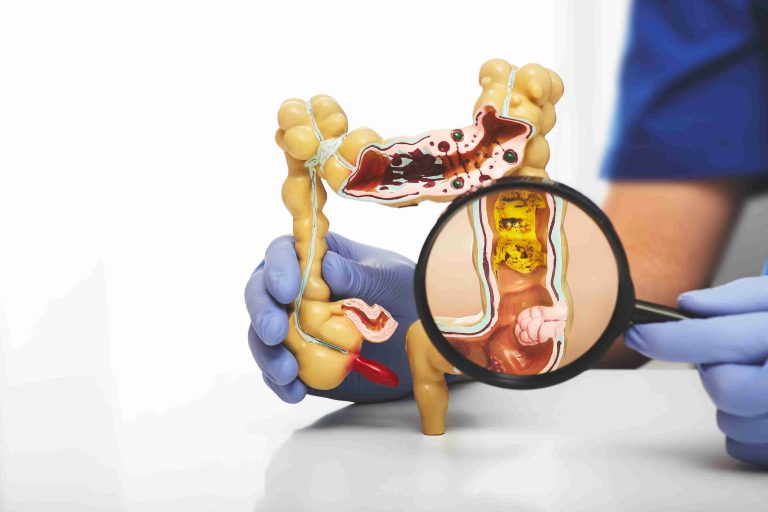A colonoscopy screening is one of the most effective ways to detect early signs of colorectal cancer and other digestive tract issues. For many people, the thought of undergoing this procedure can feel intimidating, especially if it’s their first time. However, understanding what to expect before, during, and after the screening can ease anxiety and help you prepare better. In this guide, we’ll explain why colonoscopy screening is important, how to prepare for it, and what you can expect from start to finish.
Why Colonoscopy Screening Is Important
Colorectal cancer is one of the leading causes of cancer-related deaths worldwide, but it is also one of the most preventable. Most colorectal cancers start as small polyps, which can be removed during a colonoscopy screening before they turn into cancer. This makes colonoscopy a powerful tool for early detection and prevention.
Screening is recommended for individuals starting at age 45 to 50, depending on your country’s guidelines and your personal risk factors. If you have a family history of colorectal cancer or conditions like inflammatory bowel disease, your doctor may advise screening earlier. By undergoing colonoscopy screening on time, you significantly reduce the risk of developing advanced colorectal cancer.
When Should You Have Your First Colonoscopy Screening?
For people at average risk, the first colonoscopy screening is usually recommended at age 50. However, guidelines have evolved in recent years, and some experts now recommend starting at 45 because colorectal cancer rates have been increasing among younger adults.
If you have risk factors such as a family history of colorectal cancer or polyps, a genetic condition like Lynch syndrome, or a history of bowel diseases like ulcerative colitis or Crohn’s disease, you may need to start screening earlier. Always consult your doctor to determine the right timing for your first colonoscopy.
How to Prepare for a Colonoscopy Screening
Preparation is key to ensuring an accurate colonoscopy screening. Your doctor needs a clear view of your colon, so you will be given detailed instructions to clean out your bowel before the procedure. This typically involves:
- Dietary changes: A few days before the screening, you may be asked to avoid high-fiber foods like nuts, seeds, and raw vegetables. The day before, you’ll switch to a clear liquid diet.
- Bowel prep medication: You’ll take a special solution or pills to help flush out your colon. This part can be uncomfortable, but it’s essential for a successful screening.
- Hydration: Drinking plenty of clear fluids helps keep you hydrated during the prep process.
Following these instructions carefully ensures the doctor can thoroughly examine your colon and reduces the chance of needing to repeat the procedure.
What Happens During the Procedure?
On the day of your colon cancer screening, you’ll be asked to arrive at the clinic or hospital a little early. You’ll change into a gown and have an IV line placed for sedation. Most people receive mild sedation or anesthesia, so they’re relaxed and comfortable throughout the procedure.
The doctor uses a thin, flexible tube with a camera (called a colonoscope) to examine the inside of your colon. If polyps or other abnormalities are found, they can often be removed immediately. The procedure usually takes about 30 to 60 minutes.
Because of the sedation, you won’t feel pain and may not even remember much of the procedure. Afterward, you’ll rest for a short time before being discharged.
Is Colonoscopy Screening Painful?
One of the biggest fears for first-timers is whether colon screening is painful. The good news is that with sedation, most patients feel little to no discomfort during the procedure. You might experience some bloating or cramping afterward due to the air introduced into the colon, but these sensations typically go away within a few hours.
What to Expect After a Colonoscopy Screening
After the procedure, you’ll need someone to drive you home because of the lingering effects of sedation. Most people can return to their usual diet and activities the next day. Your doctor will discuss the initial results with you before you leave, but if a biopsy was taken or polyps were removed, it may take a few days to receive the final results. Depending on the findings, your doctor will advise you when your next colonoscopy test should be.
- If no polyps or abnormalities are found, you may not need another screening for 10 years.
- If polyps were removed, the interval may be shortened to 3–5 years, depending on the type and number of polyps.
Common Myths About Colonoscopy Screening
Many people delay their first colonoscopy check-up because of misconceptions. Here are a few myths to clear up:
- Myth: Colonoscopy is extremely painful.
Truth: Sedation ensures minimal discomfort. Most patients say the preparation is the hardest part. - Myth: Only people with symptoms need screening.
Truth: Colorectal cancer often develops without symptoms, so routine screening is crucial for early detection. - Myth: Stool tests are enough.
Truth: While stool tests can detect hidden blood or cancer cells, they cannot remove polyps or fully examine the colon. Colonoscopy remains the gold standard.
How Often Do You Need Colonoscopy Screening?
The frequency of colonoscopy screening depends on your individual risk level and findings. For average-risk individuals with a normal screening result, every 10 years is typical. If you have risk factors or abnormal findings, screenings may be recommended more frequently. It’s important to follow your doctor’s advice on the screening schedule to ensure long-term protection against colorectal cancer.
Why It’s Worth It
While the preparation and anticipation may feel inconvenient, the benefits of colonoscopy screening far outweigh the temporary discomfort. By identifying and removing polyps early, you dramatically reduce your chances of developing colorectal cancer.
For many people, this screening can be life-saving. If you’re nervous about your first colonoscopy, talk to your doctor about your concerns. Knowing what to expect and why it’s important can help you feel more confident and prepared.
Conclusion
A colonoscopy screening is a crucial step in maintaining your digestive health and preventing colorectal cancer. For first-timers, understanding the process can help reduce anxiety and encourage timely screening. By preparing properly, following medical advice, and keeping up with recommended intervals, you take control of your health and protect yourself for the future.







